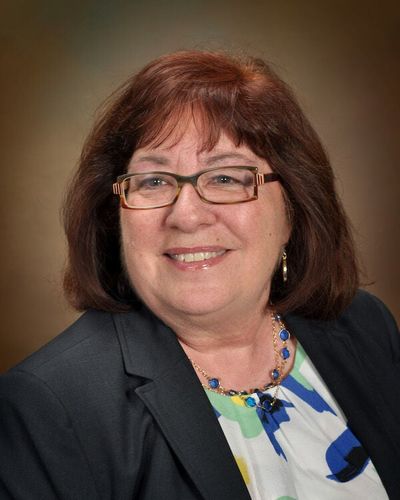Faith and Values: The Beatitudes have become a dividing point among Christians

In my social media feeds lately, there have been some Christian ministers telling the same story: Parishioners are complaining or upset over sermons.
What are the sermons? Many are ones involving the Beatitudes.
At first, I did a double take. These are some of the few words directly attributable to Jesus. If one follows him, shouldn’t one do as he said?
Unfortunately, as America gets meaner, people do not want to surrender any of the “me/my agenda first” attitude they developed as part of their evangelical theology.
A new book by journalist Tim Alberta shows a direct link between conservative politics and white evangelical Christians, which he said is splitting both church and society.
The son of a Christian pastor, Alberta said churches are becoming embroiled in politics more than before, resulting in a church in crisis.
The book, “The Kingdom, the Power and the Glory: American Evangelicals in the Age of Extremism,” became available in December from Harper Publishers.
According to my minister friends, it is the politicalized extremism fueling the backlash by parishioners against certain sermons. One Oklahoma friend said his sermon on the Beatitudes was called “weak” and “too liberal” by congregants.
To me, this is the extremism of partisan politics fostering the “my agenda first” attitude.
Why would I say that? Let’s look at who the Beatitudes bless. In Matthew, they include:
• The poor in spirit.
• Those who mourn.
• The meek.
• Those who hunger and thirst for righteousness.
• The merciful.
• The pure in heart.
• The peacemakers.
• Those who are persecuted because of righteousness.
The Gospel of Luke also says blessed are the poor, the hungry, those who weep and people who are hated/rejected.
Certain political camps would see these words as “weak” or “soft” because they show compassion or “liberal” traits rather than what they consider to be solid conservative ideals.
Funny, when I was growing up, adherence to the gospels and being compassionate were conservative traits.
Alberta said the new conservative political movement in churches has given many churches power, but with that power comes a terrible backside. The adage is true: Power corrupts, absolute power corrupts absolutely. The presidency of Donald Trump gave evangelical churches a lot of political power they are not only unwilling to surrender, but they also want more.
CBS News reported one quarter of all American adults consider themselves to be evangelical Christian, but does this mean the U.S. should be governed as an evangelical nation?
For many of us, the answer is no..
Many Americans want to maintain the separation of church and state, which gives citizens the right to freedom of religion, nor for the nation to be governed by any specific religious group. Instead, all people have the right to follow the faith of their choice or no faith at all.
To me, feeding people (with food and spiritually), comforting people who hurt, helping those who are afraid or who cannot speak for themselves and seeking justice is all part of what I call “the care and feeding of humans.” If we don’t do this, why are we here? Surely the world does not revolve around just our own desires or the desires of political interest.
It is interesting this debate has started raging during the season of giving, of calls for peace, of many holidays devoted to various faith systems. There are seven religious holidays during the month, including Christian, Jewish, Hindu, pagan, Buddhist, plus more holidays celebrating everything from African culture to feast days of saints, the winter solstice and human rights.
As a child, I was taught this time of year was a time to pray/take action for peace, to help those in need and to be kind to my fellow human beings. In short, it meant following the ideals of the Beatitudes.
In this season of giving, we should hear the words of Mark and Luke, even us non-Christians. They are sound principles for helping our fellow humans. And for those who are Christian, these words are the road map laid out by the man they claim to follow.
An award-winning journalist and public relations professional, Rebecca “Becky” Tallent was a journalism faculty member at the University of Idaho for 13 years before her retirement in 2019. She is of Cherokee descent and is a member of the Native American Journalists Association and the Society of Professional Journalists. She and her husband, Roger Saunders, live in Moscow, Idaho, with their two cats.